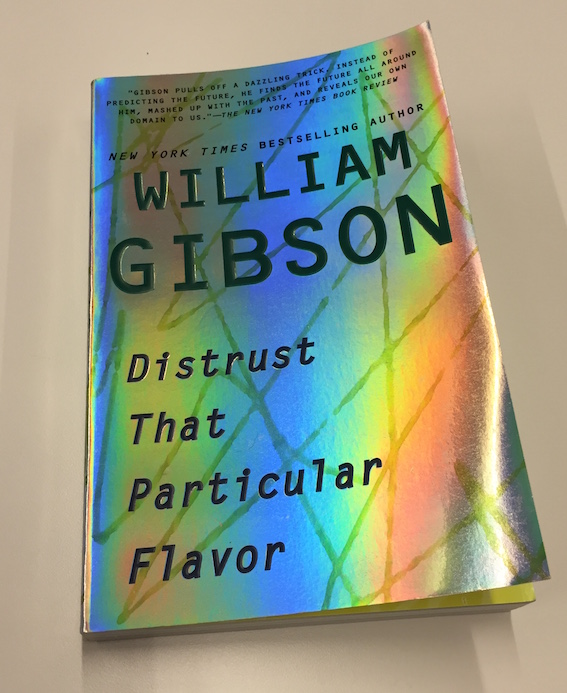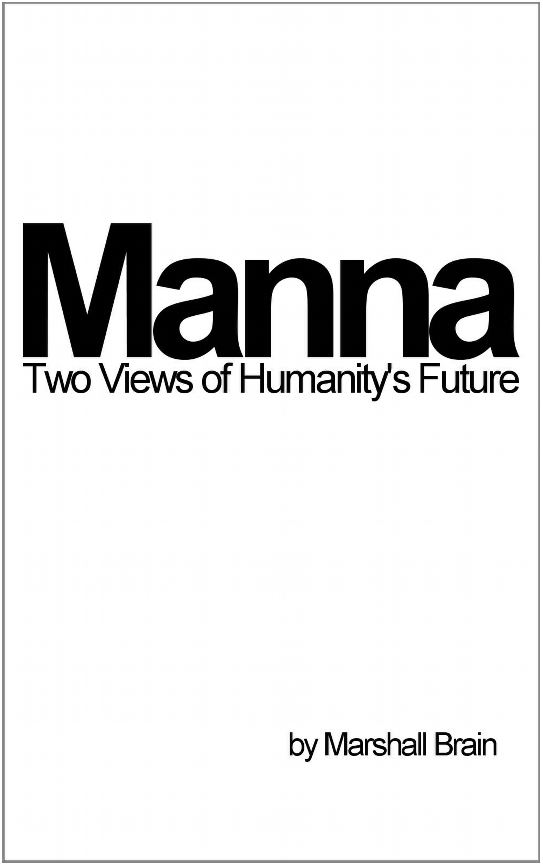Cover image photo taken by David Wilder.
William Gibson is best known for his fictional works, including best-selling novels like Neuromancer and Zero History. He also has a fascinating Twitter account, that includes a lot of interesting quips and retweets. It's well worth following, in my opinion. I have read all three of his trilogies (Sprawl trilogy, Bridge trilogy, and Blue Ant trilogy), a short-story compilation titled Burning Chrome (in which he coined the term "cyberspace"), and a collaborative novel he wrote with Bruce Sterling called The Difference Engine, and this book was next in the queue for me (I am in the ongoing process of reading many authors' works in chronological order, Gibson included).
Distrust That Particular Flavor is different from the rest of Gibson's works because it is non-fictional: a collection of essays, articles, speeches, introductions, book and music reviews, travel journalism, etc. that he wrote over the past few decades. It's a refreshing take from an author that I have grown to admire over the past decade or so for his fictional works.
The book takes us to foreign lands like Singapore and Tokyo, analyzes the evolution of communication media, observes of the early forms of the Internet, pays tribute to famous writers like H.G. Wells and George Orwell, details Gibson's obsessive quest to find wrist watches on premodern eBay, and many more interesting tidbits. I especially liked how autobiographical some of the pieces were at times. This was a really easy read for me, which is exactly what I was looking for at this point in time.
For now, Distrust That Particular Flavor provided an excellent set of pieces that should tide me over until I re-dose with Gibson's latest novel, The Peripheral, published in 2014, which I am greatly looking forward to tackling sometime in the (hopefully) near future.
5/5 stars. 260 pages.







